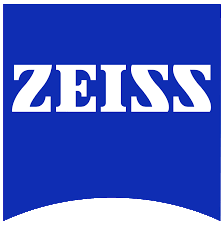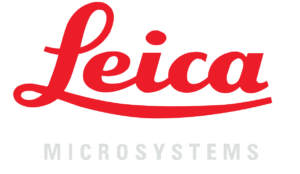PhD Course (November 11-15, 2024)
This intensive course of one week gives an overview of the rapidly developing advanced fluorescence imaging methods and how they are used in biomedical research.
An important part is the practical work each afternoon in which you get the opportunity for real hands-on experience. The focus of the practicals is on functional imaging (time lapse, FRAP, FRET) and super resolution ( STED, Lightsheet microscopy, MinFlux and single molecule tracking).
We are excited to announce that our imaging facility has a state-of-the-art Abberior MinFlux system available during the course. The system will be available to attendees of our course for hands-on experimentation during the practical sessions. More information about the system can be found here.
This five day course consists of lecture sessions in the morning and practical sessions in the afternoon. On Monday and Thursday there are also evening sessions which include dinner. In the final session on Friday afternoon participants present and discuss the results of one of the topics during the practical work. The practical sessions can be attended by a maximum of 25 participants (5 groups of 5 participants).
We expect the participants to attend all lectures and all practical’s.
The registration will close September 30th or when the limit of 25 submissions is reached. Selection is based on registration date, selected participants will be notified no later than October 11th.
Lecture Topics
Confocal Microscopy & Live Cell Imaging, FRET, FRAP, TIRF, FLIM, Light sheet, Super resolution (SIM, STED, MinFlux, PALM/STORM, Rescan), Deconvolution, Fluorescent Proteins, Biological Applications and Image Analysis
Hands-on Practical Work
Introduction to Confocal Microscopy, Time Lapse Imaging, FRAP, Super resolution Imaging (STED, PALM/STORM/Localisation Mic., Rescan, Lightsheet and MinFlux), data analysis, data presentation.
The course is intended for PhD students and post-docs and others who need more background in advanced fluorescent imaging and data analysis.
No prior knowledge is required.






